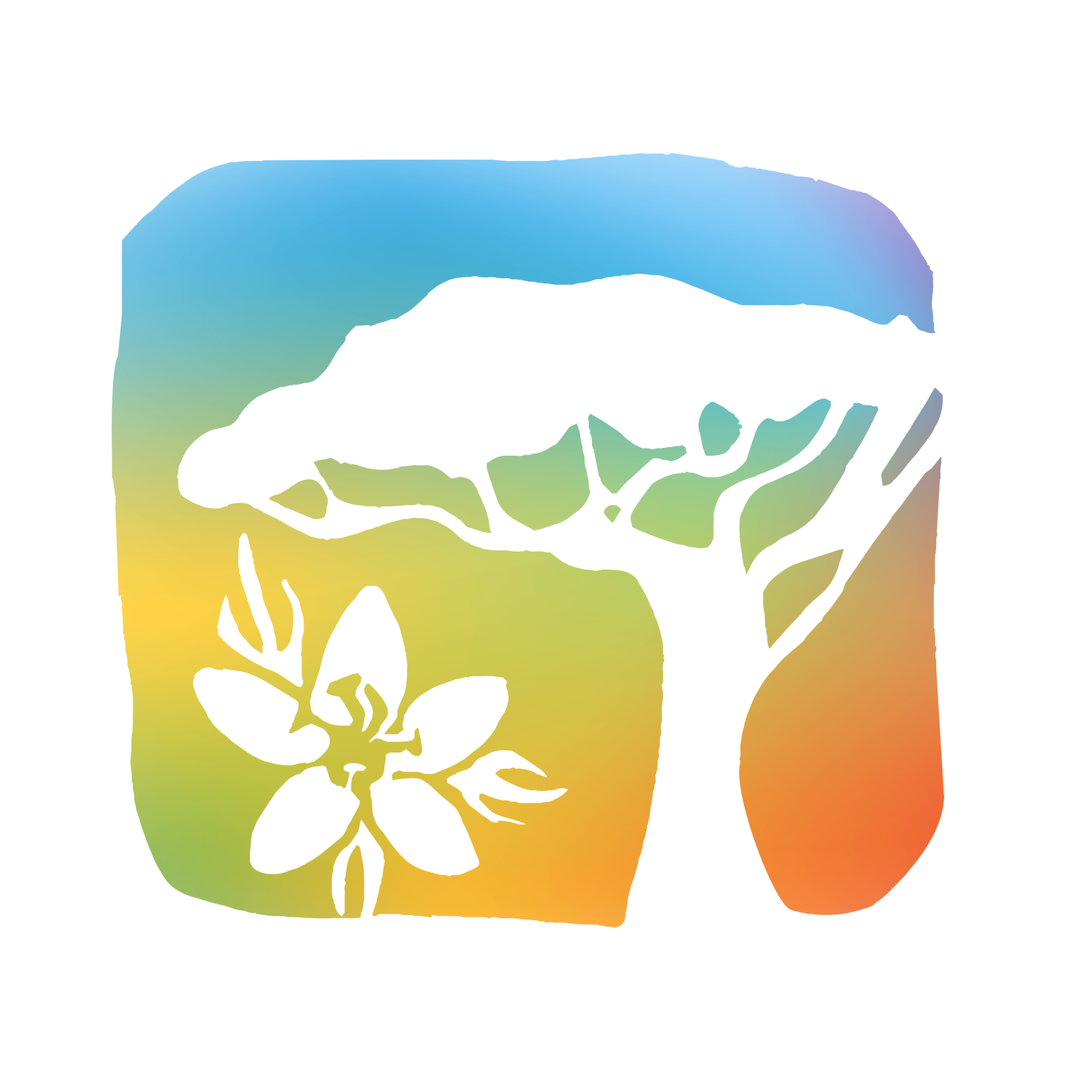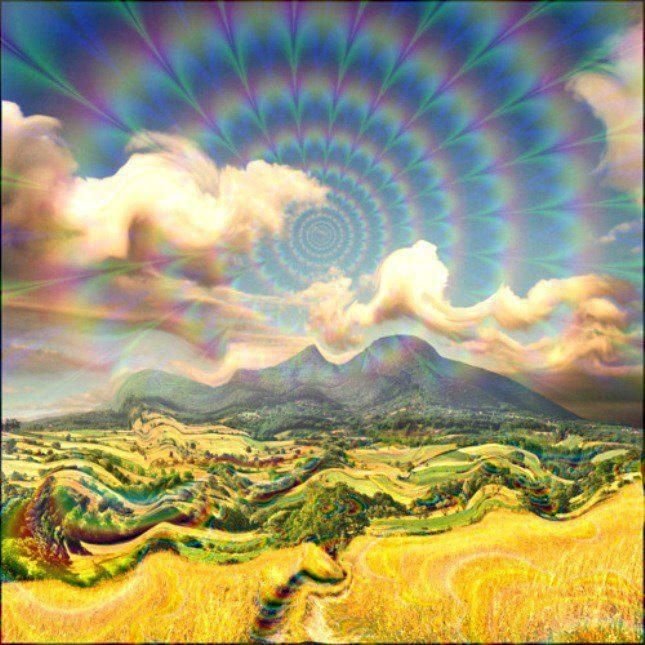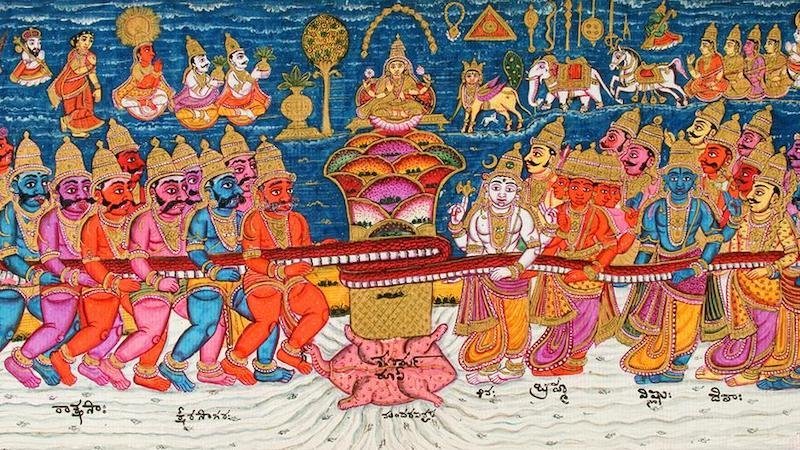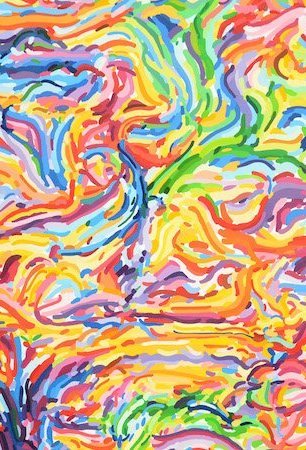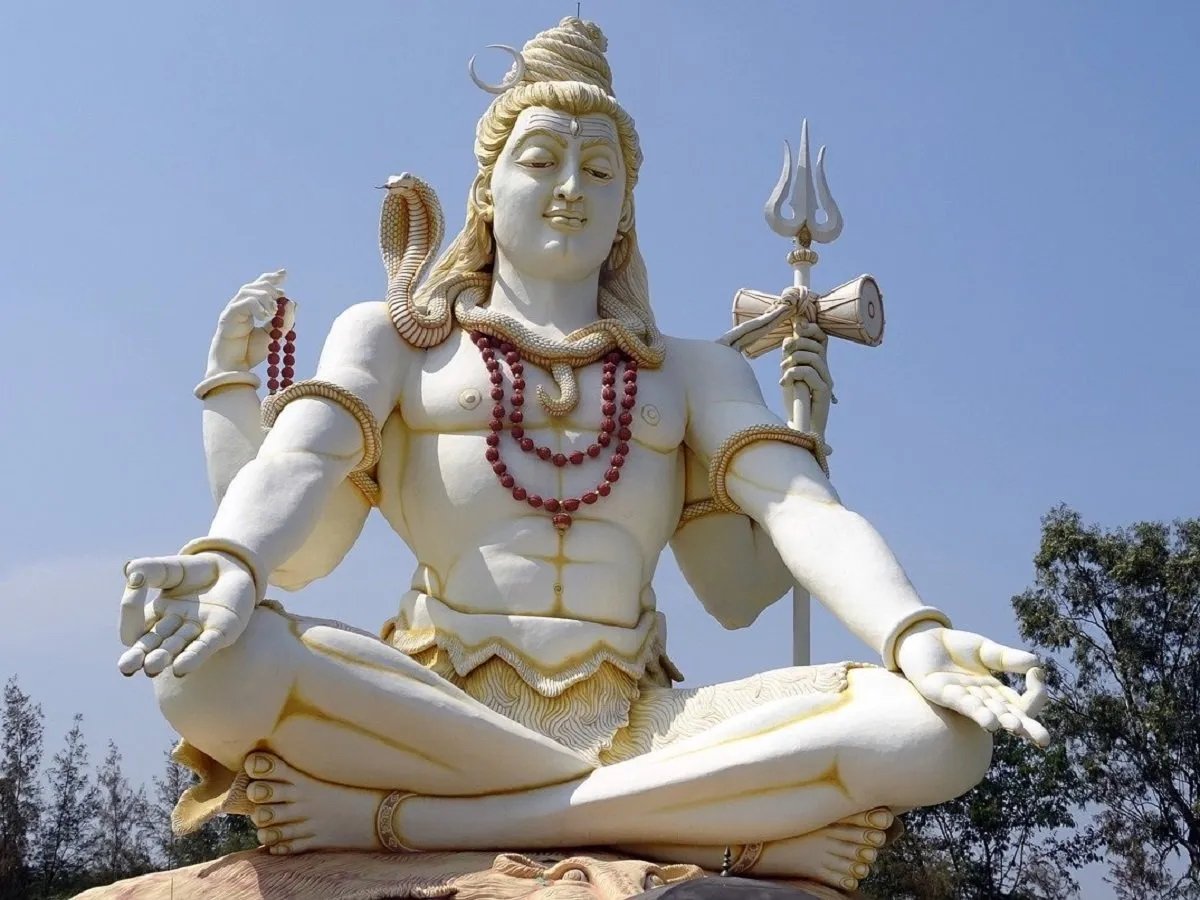Essays & Poetry
MEDITATION
NONDUAL TANTRA
PLANT MEDICINE
“Enlightenment is intimacy with all things.”
-Dogen Zenji
How can meditation and psychedelics connect us more deeply to ourselves, others and nature?
How can working with plant medicines such as Ayahuasca and Soma through a nondual contemplative approach allow us to more skillfully prepare for, navigate and integrate these powerful journeys?
Our written works explore an open source approach to meditation, psychedelics, and the Nondual Tantric traditions of Vajrayana Buddhism and Shaiva Shakta Tantra.
This view of awakening is rooted in an appreciation of art & aesthetics and invites us to deepen into the profound sense of freedom and connection that is always and already available.
PROSE: contemplative essays that explore the intersection of wisdom traditions, meditation and plant medicines.
POETRY: creative pieces dedicated to Tantra, mythology, and contemplative practice.
WHERE DO I START?
What Is Sahaja Soma?
Sahaja Soma explores the intersection of meditation and psychedelics. Learn more how we strive to support people on their journey to further awakening. Read More
Tantra & The Householder Path
This article distinguishes the differences between the Renunciate and Householder spiritual paths and how this clarification can help us process some of the challenges in spiritual awakening. Read More
The Promise & Purpose of Meditation
Ultimately, the promise of meditation is to awaken to our true nature and to see clearly what makes us happy and what makes us suffer. Read More
Articles & Blogs
Soma and Tantra
The essence of Tantric sadhana, or yogic practice, is refinement of the body-mind. This article explores the myth of The Churning of the Milky Ocean and how it’s a metaphor for how yoga can allow us to lead a happier and more meaningful life.
Peganum Harmala: Creating the Space which Chacruna Illuminates
This blog post explores the balance between masculine and feminine aspects of our experience which ultimately allows us to wake up in this reality.
Tantric Maps for Working with Plant Medicine
Awakening is the movement of consciousness becoming conscious of itself. This article examines the path to awakening as described by Dzogchen, Mahamudra, and Shaiva Shakta Tantra and the role that plant medicines can play in it all.
The Kingdom of Heaven
The Kingdom of Heaven arises when the mind ceases to turn outwards towards impermanent objects and turns inwards to rest in its own place. So ask yourself, what if the Kingdom of Heaven is always and already here and now, if only I had eyes to see it?
Balancing Masculine & Feminine Ideals of Awakening
This article discusses how Tantra offers an alternative to traditional paths to awakening that better balances archetypal masculine and feminine ideals.
Seeking The End of Seeking
Samsara is the wheel of desire that keeps us spinning in an endless state of wandering. Only when we become exhausted can the mind finally stop searching for happiness in external appearances and turn inward to rest in its own place.
The Tapestry of Tantra
The term “Tantra” evokes the image of a loom, for it points towards the way in which everyone and everything are intricately interwoven. An awakened mind clearly sees that tapestry and understands that the undertaking of awakening is ultimately a collective endeavor. This is why bodhicitta, the intention to wake up for the benefit of others, is essential for continued unfolding along the path.
The Universe Begins with a Question
In The Vedas, the universe begins when Shiva, who orchestrates the destruction that lays ground for creation, asks himself, “Who am I?” Why is it that most of us are afraid to become intimate with the uncertainty of this question and how can use the practice of meditation to examine this with more ease?
Balancing Effort & Effortlessness
The ability to hold a paradox is central to the practice of meditation and the journey of awakening. Life is full of paradoxes. However, we overlook them for the simplicity and clarity of dualistic categories. In meditation, one important paradox is the importance of both effort & effortlessness. Neither is right nor wrong in an absolute sense, but the issue is what to emphasize at any given time.
Waking Up, Growing Up, Cleaning Up
There are many reasons to practice meditation, but out of respect for the cultures that developed these practices, I’d like to underscore the deeper promise: awakening to our true nature. If you’re allergic to terms like religion or spirituality, as I used to be, then you can approach awakening through Ken Wilber’s Integral Model of growing up, cleaning up and waking up.
The Promise and Purpose of Meditation
The purpose of meditation is to recognize that the deeper causes and conditions for happiness and well being have far more to do with how your mind is relating to experience, rather than having the right kind of experience. Ultimately, the promise of meditation is to awaken to our true nature and to see clearly what makes us happy and what makes us suffer.
What Does Democracy Have To Do With Buddhadharma?
What does democracy have to do with Buddhadharma? Historically, nothing. But this is changing in the fourth turning of the Dharma. This article explores the intersection of Dharma and political activism for the Western Dharma practitioner and the impact that embracing Dharmic values might have in supporting the struggle for democracy in Thailand.
Theravada, Thailand & Householder Paths: Enlightenment or Bust
This article will address what I like to call, the “enlightenment or bust” phenomenon. It’s an attitude that often arises in contexts in which renunciate forms of yoga predominate in society and in short, describes the perspective that because enlightenment cannot be reached, there is less of a willingness to engage in contemplative practices such as meditation.
Renunciate vs Householder Paths
What are the practical implications of translating ancient contemplative code that was designed for monastics into a contemporary context for householders? In this article, we explore the significance of understanding the history and context of meditation and why questioning the assumptions and values that underlie this path is imperative for a modern Buddhism practitioner.
Tantra & The Householder Path
A Buddhist renunciate is a monastic or a wandering yogi and someone who has “renounced the world.” Householders on the other hand, are people who wish to “live in the world.” This article explores differences between the two and why it may be helpful to clearly distinguish between the two.
Why Redesigning the Dharma?
In my previous post, “Welcome to Redesigning the Dharma,” I briefly explained what led me to create this website. If you haven’t read that post yet and you’d like to understand what this website is about I encourage you to have a quick look. This post builds on the prior one, and elaborates in more detail what this project of “Redesigning the Dharma” might entail.

